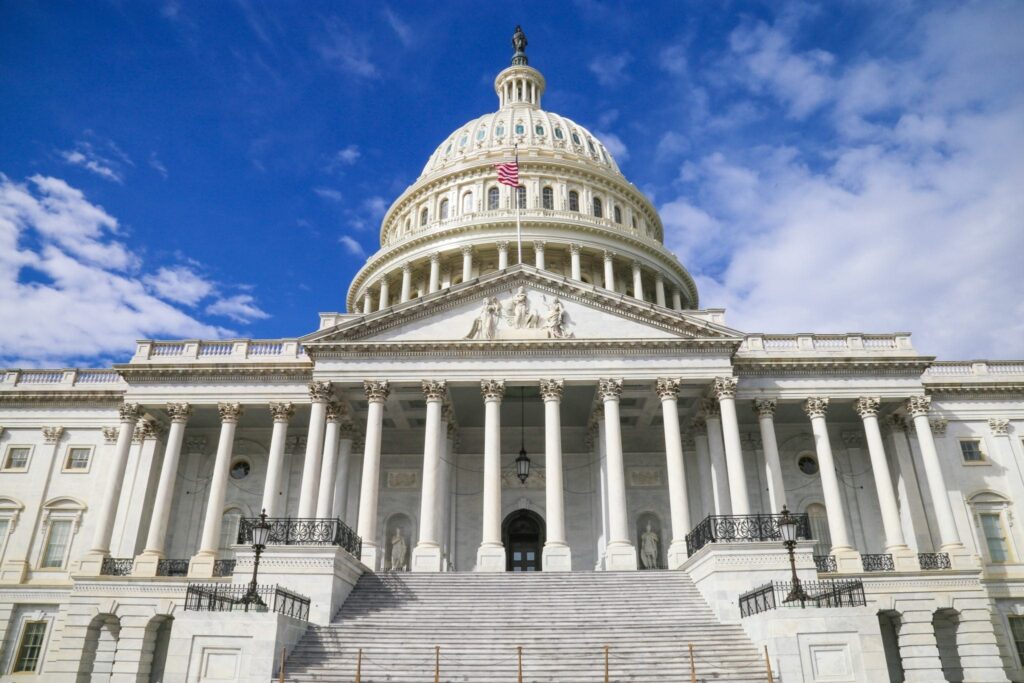Posts by lcadmin
NCAN Blog: Financial Aid Beyond the Traditional Degree: Can it Work?
In general, an increased focus on non-traditional educational pathways to meaningful employment is welcome. Institutions of higher education and new providers of postsecondary education, such as learn-and-earn models, provide promising approaches to meeting the educational and skills needs of many of today’s students.
Read MoreThe EvoLLLution: Putting Today’s Students Back at the Center of Federal Policies
“None of this will be easy. Technological, economic and demographic changes are happening at breakneck speed, continuously raising the stakes for our postsecondary system. But this is a challenge we can’t shirk. The higher education sector is not only ready for these reforms, our students deserve them. Today’s students deserve a new and revised higher…
Read MoreDefining Quality: What Should Quality Look Like in Higher Learning?
In today’s higher education landscape, quality has become the most important watchword as institutions navigate new accountability policies and regulations while new providers hope to demonstrate their efficacy and impact with students. For today’s students, quality is much more than an abstract concept: it translates to their prospects for career, financial and personal success after…
Read MoreMarch News & Updates
Policy Update: HEA Recommendations We are just two full months into 2018, and critical conversations around postsecondary education are moving forward at the federal level. Higher Learning Advocates has continued its efforts to advance common-sense policy reforms designed to improve outcomes, upgrade quality, and build a system of higher learning that is more affordable and…
Read MoreComments to Senate HELP Committee on Higher Education Act Reauthorization
Higher Learning Advocates submitted comments, today, to the Senate Health, Education, Labor and Pensions Committee leadership with recommendations on the reauthorization of the Higher Education Act.
Read MoreEducation Dive: What approval of the budget deal really means for higher ed
We need to ensure students in economically distressed communities use their federal aid at institutions with the strongest outcomes—not roll back accountability for precisely those schools most likely to fail their students and produce poor outcomes.
Read MoreBudget 2018: One Step Forward, Two Steps Back?
Today, Congress approved a budget deal, ending a brief government shutdown and agreeing to a framework that would set budget parameters for the next two years. The compromise eventually approved by U.S. Senate leaders included several key provisions that could have a major impact on student success and higher education accountability. Here’s the statement from my colleague…
Read MoreDecoding the Accreditation Process
Today, the National Advisory Committee on Institutional Quality and Integrity (NACIQI) will begin meeting to review the status of accrediting agencies, which play the role of gatekeepers to federal financial aid. We entrust the nation’s system of higher education quality assurance—including accreditors—with ensuring that students use more than $120 billion in federal financial aid at…
Read MoreThe Chronicle of Higher Education: Barriers to Starting and Finishing College
In a new special report on adult learners, The Chronicle of Higher Education featured executive director Julie Peller and board member Teresa Lubbers of the Indiana Commission on Higher Education in a forum on how institutions and policymakers can better help adult students complete postsecondary credentials. Download the entire special report by Goldie Blumenstyk.
Read MoreED’s Gainful Employment Proposal: The Good, the Bad, the Ugly
Current Gainful Employment regulations require programs at for-profit institutions and certain career and technical programs at all other schools to meet certain debt-to-earnings ratios of their graduates or face the loss of eligibility to participate in federal financial aid programs. This week, critical conversations about higher education accountability will be occurring when federal negotiators and…
Read More





